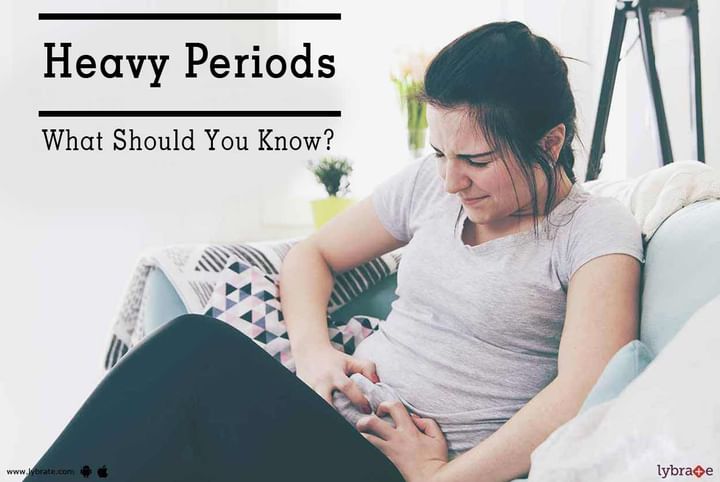Heavy Periods - What Should You Know?
What are heavy periods?
‘Heavy periods’ are described as excessive bleeding during menses over several menstrual cycles in a row that interfere with the quality of life. The amount of blood that is lost during a woman’s period varies from one person to another, making it difficult to give a general description of heavy periods.
What are the signs and symptoms of heavy periods?
Blood loss with your periods that requires you to change your sanitary wear (pads or tampons) frequently (every one to two hours or more), especially when you are using large sanitary pads, super plus tampons or night time towels.
- Periods that last more than seven days
- Passing blood clots during periods
- Feeling tired and drained during and just after your period
- A diagnosis of anaemia
- 'Flooding' – when bleeding is so heavy that seating or sheets become soaked with blood while sitting or lying down.
What causes heavy periods?
In women from 25 to 40 years of age, over three-quarters (80%) with heavy periods have no underlying cause. However, the conditions listed below can sometimes be the cause of heavy periods:
- Endometrial polyps or uterine fibroids – Benign (non-cancerous) growths in the womb (uterus). Fibroids are usually bigger than polyps.
- Endometriosis – The cells that line the inside of the womb are called the endometrium. Endometriosis is when these cells are present outside the womb, such as on the ovaries or fallopian tubes. This may cause heavy periods associated with period pain, painful sex and chronic pelvic pain.
- Intra-uterine device (IUD) – The coil inserted into the womb as a method of contraception can increase blood loss during periods by almost half (40 to 50%).
- Chronic pelvic inflammatory disease (PID) – An ongoing infection in the pelvic area of the body.
- Polycystic ovarian syndrome (PCOS) – A condition of having multiple cysts in the ovaries, causing heavy, irregular periods, and sometimes an increase in weight and facial hair.
- Endometrial hyperplasia – When the endometrium is thicker than usual in response to an excess of oestrogen.
- Cancer of the lining of the womb – This is very rare, but can also cause heavy periods.
What treatments are available?
Drug treatments:
1. Levonorgestrel intrauterine system (Mirena IUS) – This is a small plastic device that is inserted into the womb and slowly releases a small amount of the progesterone hormone.
2. Tranexamic acid tablets – These pills can reduce the heaviness of period bleeding by almost half (40 to 50%).
3. Non-steroidal anti-inflammatory drugs (NSAIDs) – These come in various types, with mefenamic acid being the most commonly prescribed.
4. Combined oral contraceptive pill (COC) – This reduces period bleeding by almost a third (30%) in some women. We will provide a prescription for the first four weeks and your GP will prescribe the tablets after this time.
6. Oral progesterone –This is a hormone pill which works by preventing the womb lining from growing quickly.
Surgical treatments:
Surgical treatments are only considered when medical treatments are not effective.
- Endometrial ablation – This involves the destruction of the endometrium. The aim is to prevent the endometrium from thickening.
- Hysterectomy – The surgical removal of the womb. Hysterectomy is not commonly used to treat heavy periods.
- If you have fibroids there are other surgical treatments, such as fibroid removal, (Myomectomy) or uterine artery embolization (blockage of blood supply).



+1.svg)
